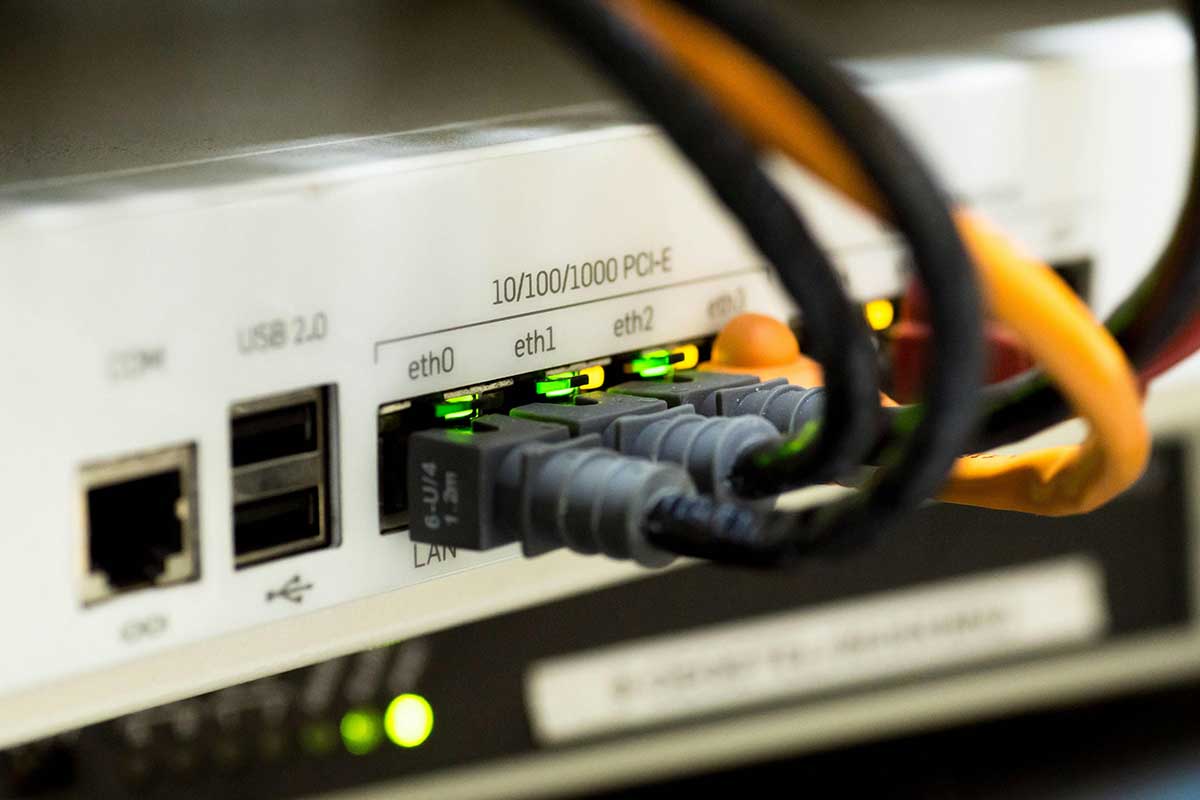Why Your Business Internet Connection Is Slow
KEY POINTS
- Slow business internet can stem from infrastructure limitations, particularly in areas with outdated copper wire connections, making upgrades to fiber-optic essential.
- Bandwidth congestion due to numerous devices on a single network can cause slow internet, necessitating higher bandwidth solutions and expert network management.
- Incorrect router configuration and placement can hinder connectivity; positioning routers centrally and consulting IT professionals can improve signal strength.
Why Your Business Internet Connection Is Slow
Businesses today rely on a fast and reliable internet connection to thrive, which explains why about 97% of companies use this daily. Thanks to this, the marketplace has become even more competitive, especially at a time when other enterprises have invested in high-tech gadgets to remain constantly relevant.
As expected of such digital connections, there will be downtimes that bring everything to a halt. Such situations can lead to interruptions or delays in your processes, affecting your overall productivity and growth.
Therefore, finding answers is crucial so your business is always well-prepared. Here are some reasons your internet connectivity may be slow.
Infrastructure restrictions
The first thing to consider is your business’s location. For instance, is itt in a rural or suburban area with poor internet infrastructure? If yes, that could explain why your internet is slow. Many businesses in such areas have relied on traditional copper wire connections over the years.
This method has been the go-to internet supply connection for companies situated very far from city centers. However, this has its own share of operational challenges, including signal degradation. As technology has advanced, and with special emphasis on newer business demands, many have realized the significance of better connections at the business place.
Fiber-optic cables have become the newest development as they offer faster and more reliable internet connection. Therefore, consider this for your business to resolve any connectivity challenges. It’s prudent to invest in upgrading your infrastructure to help turn your business around.
Congestion and insufficient bandwidth
The possibility of a bandwidth limitation is exceptionally high if your business continually struggles with slow internet connections. The more devices you have on a single network, the higher the demand on the existing bandwidth to distribute the internet equally.
It places immense pressure on a low-capacity bandwidth during peak hours, leading to sluggish connection. It can be frustrating for employees to spend significant time on a limited bandwidth during peak hours only to have nothing done.
Increased traffic on such bandwidths causes slowdowns and, sometimes, a complete halt to online operations within the business. You can avoid this by planning for higher bandwidths like the NBN 250 which also offers high-speed connections. While at it, consult an IT expert to help decongest your network during peak hours to ensure smoother connectivity.
Problem with router configuration
You may need to check your router if connectivity at the workplace is always slow. It might be a problem with your router configuration, but once you identify and resolve that, you’re good to go.
It’s worth noting that wireless signals can be interrupted by concrete, interfering electronic devices, or a wrong positioning of the router itself. The best thing is to place the router in a central position without interference.
If your workers are still struggling with the connection, you can try moving the router closer to them or vice versa. The technical nature of this makes it imperative to seek a professional to determine central positioning and the proximity to staff.



















